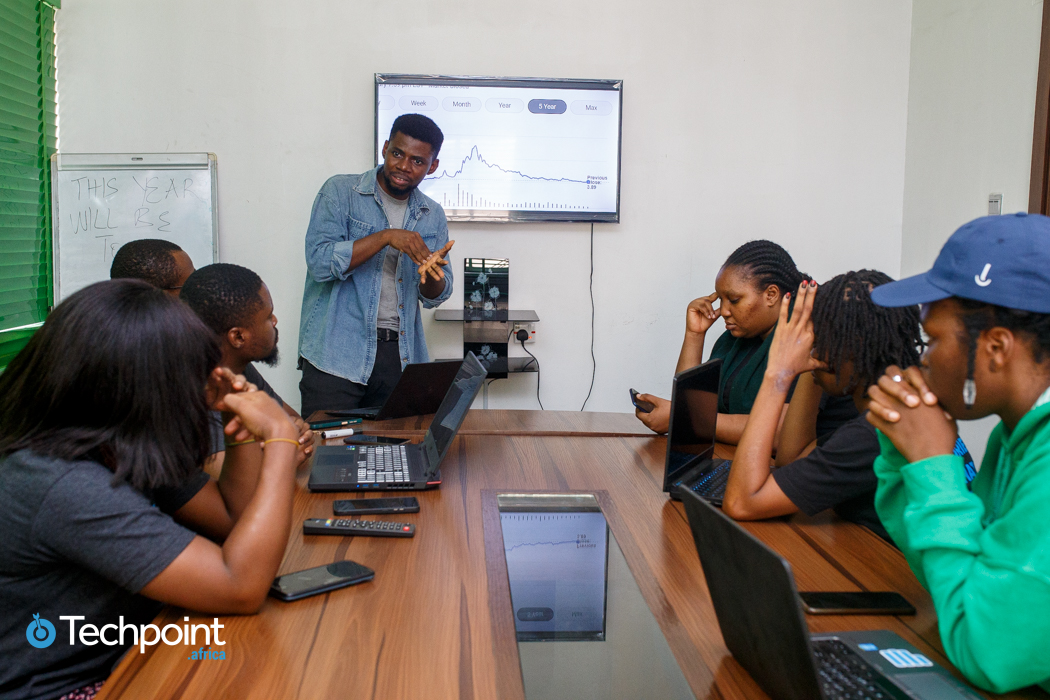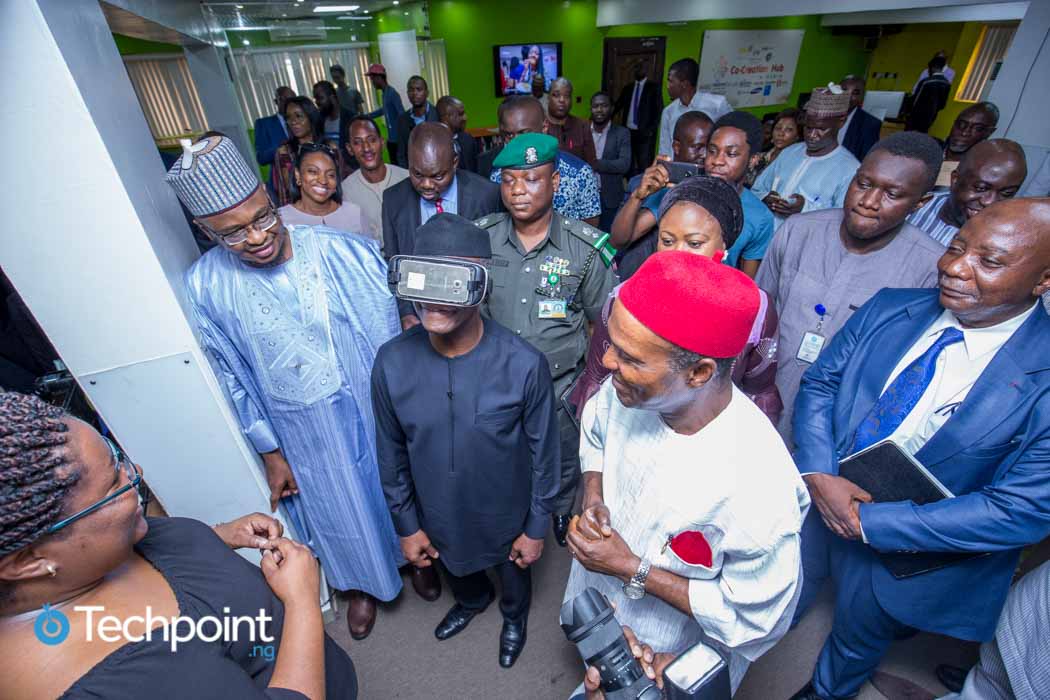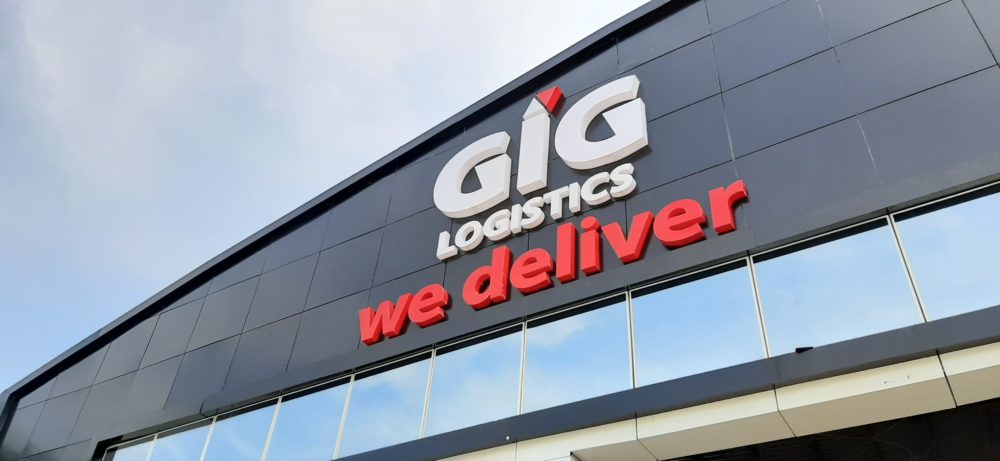Google has just launched Gemini Pro, a state-of-the-art AI model, that's possibly the giant's answer to OpenAI's GPT-4. This development was shared in an exclusive call with journalists, highlighting the model's potential to revolutionise various sectors across the globe.
We could spend time talking about the features of Gemini, but we would better appreciate it if we looked at directly applicable benefits. In this piece, we'd look at possible ways developers and enterprises can enhance key industries in Africa and the possible pain points they could face.
Possible use cases

Enhanced multilingual educational tools
Gemini Pro's support for 38 languages makes it easier to develop educational apps and resources in local languages, improving access to education in linguistically diverse African communities.
Advancements in healthcare through AI-powered diagnostics
Gemini Pro has multimodal capabilities; This means it can analyse text and images. These features enable the development of advanced diagnostic tools that can interpret medical data and images, aiding healthcare professionals in providing better care, especially in remote areas.
Innovative agricultural solutions with AI analysis
With semantic retrieval and custom knowledge grounding, Gemini Pro can be used to develop applications that analyse environmental data and provide actionable insights for farmers, leading to improved crop management and yields.
Empowering SMEs with smart business tools
Tech-savvy small businesses and startups can integrate these features into their apps for enhanced customer service and market analysis. The aim? Enhanced market analysis and customer engagements.
Localised market solutions
From internal business tools, we can go a bit deeper to build localised solutions. With the ability to fine-tune and customise with company-specific data, businesses and developers can tailor Gemini Pro to local African contexts, creating applications that are directly relevant to their specific market needs and challenges.
Reducing bias in AI applications
Google says it has made huge strides to minimise bias and stereotypes in AI development. This commitment ensures that applications developed using Gemini Pro are more equitable and culturally sensitive, which is crucial in the diverse African context.
Developing multimodal applications for various sectors
Gemini Pro's multimodal feature enables the creation of more versatile and sophisticated applications that can be used in sectors like tourism, urban planning, and environmental management.

Be the smartest in the room
Give it a try, you can unsubscribe anytime. Privacy Policy.
The challenges and limitations

While the Gemini Pro could impact Africa in several ways, there are significant pain points and limitations we can't ignore.
Digital divide and connectivity issues
Despite the rapid advancement of AI, a significant barrier remains in the form of limited internet access across many parts of Africa. This digital divide could hinder the effective adoption and use of AI solutions like Gemini Pro, especially in rural and remote areas where connectivity is often poor or non-existent.
People in these locations are also in critical need of the use cases in healthcare and agriculture that could be developed.
Data privacy and security concerns
Another major concern is data privacy. Many African organisations have raised alarms about data privacy, with 78% of them expressing concerns over this issue. The lack of robust data privacy policies/laws and procedures, such as data encryption and access controls, poses a significant risk, especially when dealing with sensitive information.
Regulatory challenges
The regulatory landscape for digital technologies, including AI, is still evolving in Africa. This leads to challenges in implementing digital transformation initiatives due to unclear and inconsistent regulatory frameworks. The need for clear and consistent regulations, which are relevant and effective, is imperative for the successful adoption of technologies like Gemini Pro.
Vendor lock-in and flexibility Issues
There's a risk of vendor lock-in for African companies and developer, which limits their ability to adopt solutions from different providers. This is particularly relevant for AI technologies. If you've built your solution on GPT-4 or Gemini Pro, how easy will it be to switch?
Skills development and retention
One of the most significant challenges in adopting AI in Africa is the acquisition and retention of skills. The mobile workforce post-COVID-19 and the lure of better opportunities abroad make it challenging for employers to retain top talent in AI and related fields.
Ethical and labour implications
The ethical considerations of AI adoption, especially in terms labourbor implications, are crucial. With high unemployment rates in Africa and a large youth population, the potential for job displacement due to AI automation needs to be managed responsibly. This requires thoughtful labour or policies and ethical AI practices to ensure that the adoption of AI does not exacerbate existing inequalities.
Cultural and contextual relevance
Ensuring that AI systems like Gemini Pro understand and are relevant to local contexts and cultural nuances is vital. We still can't ignore that bias and stereotypes might still be a thing. There's a risk that AI systems might not fully grasp the unique intricacies of African societies, which could lead to less effective or even inappropriate solutions.





















